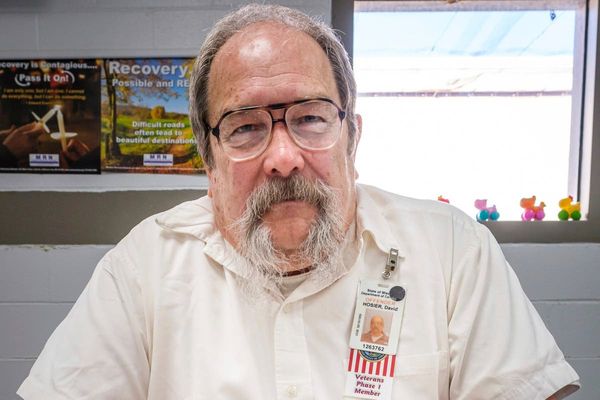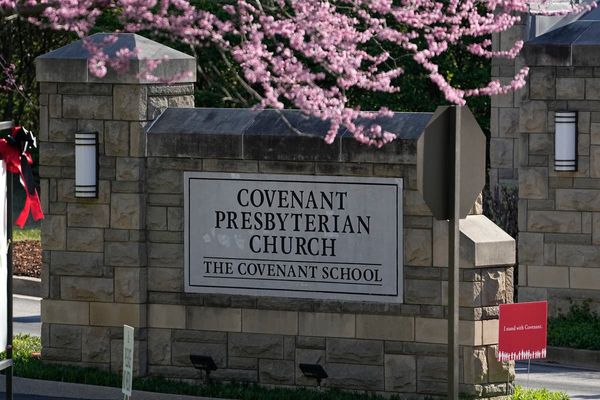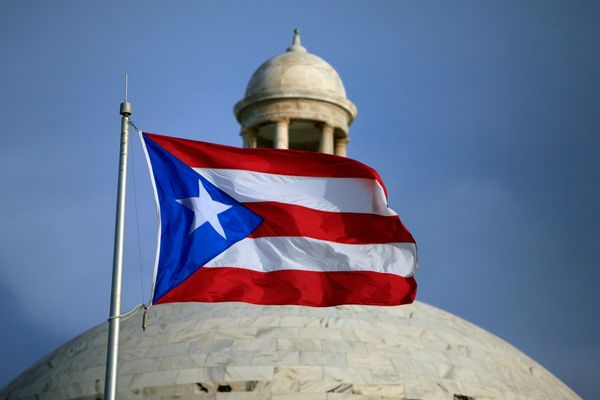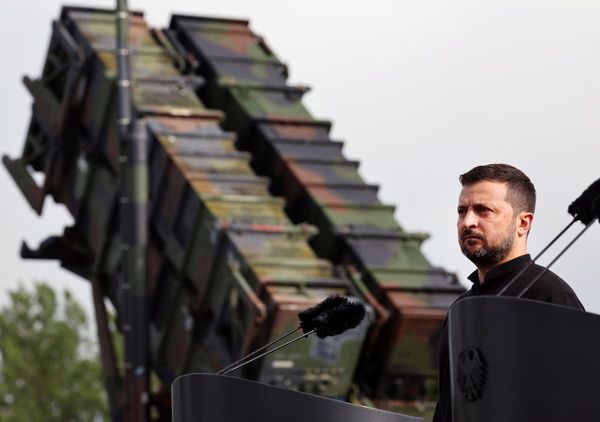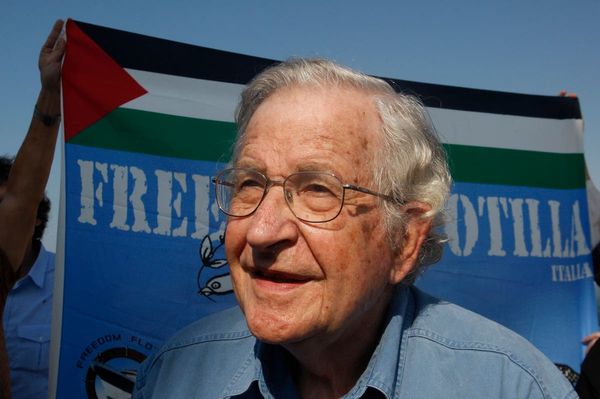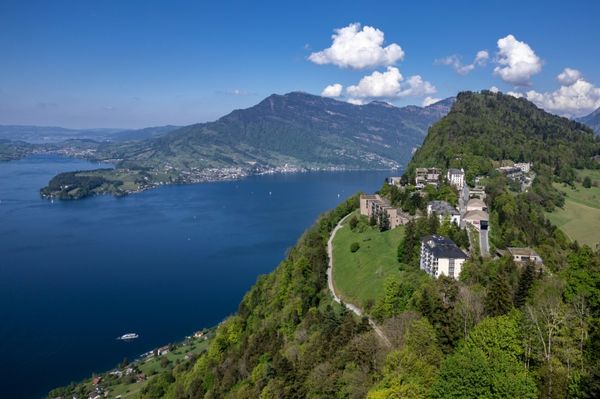
Labour’s shock losses were in National’s favour – but even when Labour won, the margins were closer than expected
The preliminary results of the 2023 general election show the country’s biggest city in particular has taken a hearty swing towards the centre-right – or perhaps more accurately, away from Labour.
On top of surprise turns like Labour’s Michael Wood losing the reliably red Mt Roskill by a comfortable margin and usual sure things New Lynn and Mt Albert still hanging in the balance, even the Labour victories were relatively weak affairs.
READ MORE:
* Bombshell electorate turns
* National shuts out the noise
In Auckland, National improved its party vote by an average of 16.4 percentage points on 2020. Outside of Auckland that improvement was just 12.5 percent. So they did much better in Auckland than elsewhere in the country – even in the big rural electorates they won back.
A big urban battleground Labour has historically been able to rely on is South Auckland.
But this time around, there were no easy wins.
Lydia Sosene won the Māngere seat for Labour with a margin of 3558 – a comfortable win and unlikely to be jostled by the 500,000 special votes still to be counted. But compared to past results it’s no home run.
Labour is used to a winning margin in Māngere of around 10,000 (averaging out results going back to the 1970s). During the 2020 red wave, Aupito William Sio won by 19,396.
As that red wave receded and was replaced by the blue rinse, even those very entrenched Labour seats were up for grabs.
One of the biggest upsets was Mt Roskill, where former senior cabinet minister Michael Wood completed the downfall that began earlier this year following his failure to disclose shares in Auckland Airport.
He appeared sparingly on the campaign trail alongside the Prime Minister, and commented to the media that he’d like to get back to a portfolio one day, but was focused on winning his seat back first. Perhaps it was a kind of penance he felt he needed to do before he could return from exile.
But a shock loss to National’s first-time MP Carlos Cheung will have made his route back from the wilderness all the more circuitous.
On Sunday morning, Cheung was very happy with the night’s result.
“I’m happy that the party put their faith in me,” he said. “We had a big ground game but I think what mattered was the issues of crime and cost of living and because of my character in the community.”
Cheung is the director of a property management company and has a background in biomedical science. He said he’s been involved in community work around the electorate during the 15 years he’s lived there, putting together refugee learning centres and helping with the vaccination drive during the pandemic.
But was it a vote for Cheung, or a vote against Labour – or more specifically, an electorate looking to punish Wood for his pecuniary indiscretion?
Cheung doesn’t think so. He pointed to National’s party vote and his electorate vote being almost the same – an indication perhaps of people backing National and Cheung rather than sniping at Wood.
It’s the first time during MMP that Mt Roskill has elected anybody from outside the Labour Party. (National's Gilbert Myles took the seat from Phil Goff in the blue landslide of 1990, under First Past the Post).
Speaking in downtown Auckland, National’s campaign chair Chris Bishop said Auckland had swung hard for National and even a close result in a traditionally red seat was a “real win for the National Party.”
“We really did do an excellent job in Auckland,” he said. “I think about a place like Mt Roskill for example, where Carlos ran a great campaign but I don't think I'd be breaching confidence to say that we weren't expecting to pick up the Mt Roskill seat.”
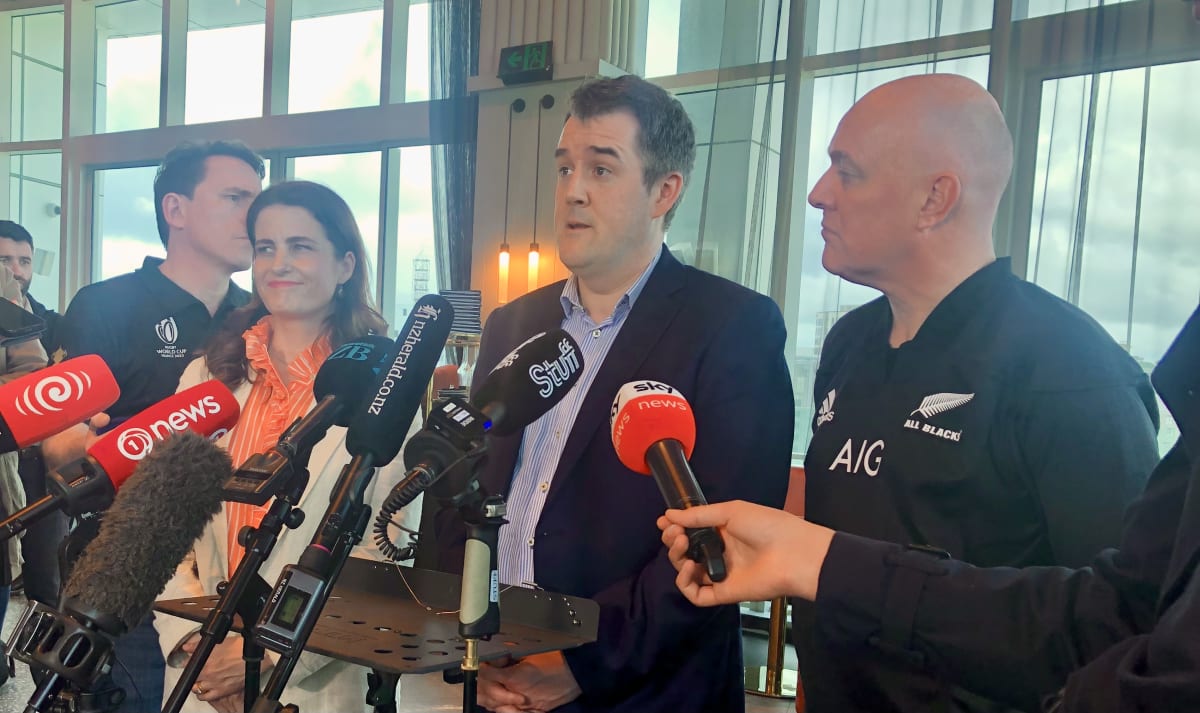
Meanwhile over in New Lynn, National’s Paulo Garcia was also pretty chuffed on Sunday morning.
His delight was tempered a little by a close margin of just 483 votes between him and incumbent Deborah Russell from Labour.
With just over two weeks until the special votes are expected in, he’s mindful there could be enough in there to tip the balance.
“Anything can happen, so we rejoice with reservation,” he said.
But for a seat that has never gone blue, even a close result is a kind of victory for Garcia.
“It is an exciting result, but it’s not just me,” he said, thanking the team of volunteers who hit the streets of west Auckland for him.
Garcia was readying himself to get on down to Wellington for a Monday morning induction of new MPs.
In a similar position of suspense to Garcia is Angee Nicholas, a 29-year old Cook Islands-born lawyer and youth worker who was running for National in Te Atatū.
She’s ahead of Labour stalwart Phil Twyford by a razor-thin margin of just 30 votes – a position that could easily be switched up as special votes come in.
Special votes are predominantly from people voting outside of their own electorate, people who didn’t receive their voting paperwork in the mail, and around 10 percent of people overseas.
Perhaps as young people are more itinerant, they have historically leant left.
That’s the kind of factoid Twyford will be hanging onto tightly as the days tick down to the final special vote count.
But even if Twyford takes it, this is not like past elections. Twyford has generally taken the seat by a margin of between 3000 and 5000 votes, excluding the anomalous 2020 election where he rode in on a winning margin of around 10,000.
Speaking on the campaign result, Christopher Luxon said the party’s steadfast focus on messaging around the economy and law and order helped to deliver those Auckland votes.
“Here in Auckland we’ve determined that a party vote is a party vote and if we can rip party votes out of big red seats thats what we're going to do,” he said.
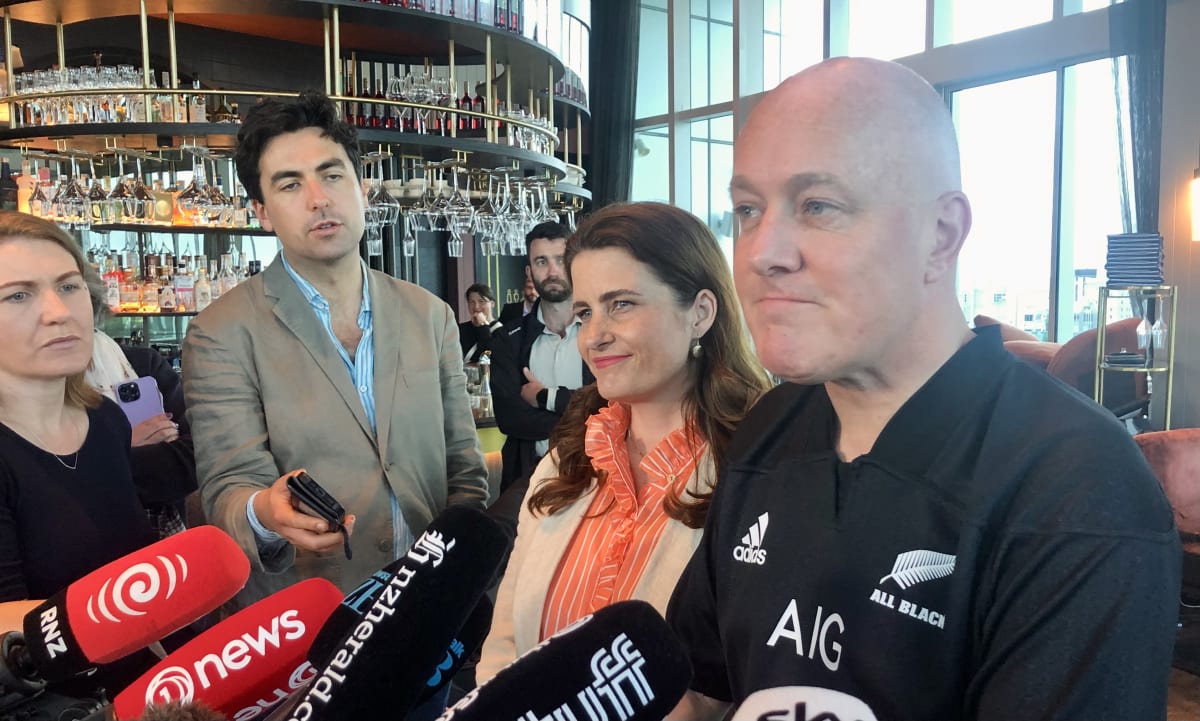
He said it was clear this election was always going to be about the economy and cost of living, and so directed the campaign to keep to those issues and not get side-tracked.
"You will have noticed we didn't want to bark at every passing car,” he said.
That’s a self-assessment that stands up more easily following a victory; however looking back at the past few weeks of policy announcements, it might not be strictly accurate – National saw fit to bark at plenty of passing cars, be they Ministers of Space, cellphone bans in schools, KiwiSaver withdrawals or EV chargers.
It’s indisputable that something worked in Auckland, though.
With the surprise turns, National tore through marginal seats like Upper Harbour, Maungakiekie and Northcote, putting the parliamentary careers of rising Labour's Vanushi Walters, Priyanca Radhakrishnan and Shanan Halbert in doubt.
